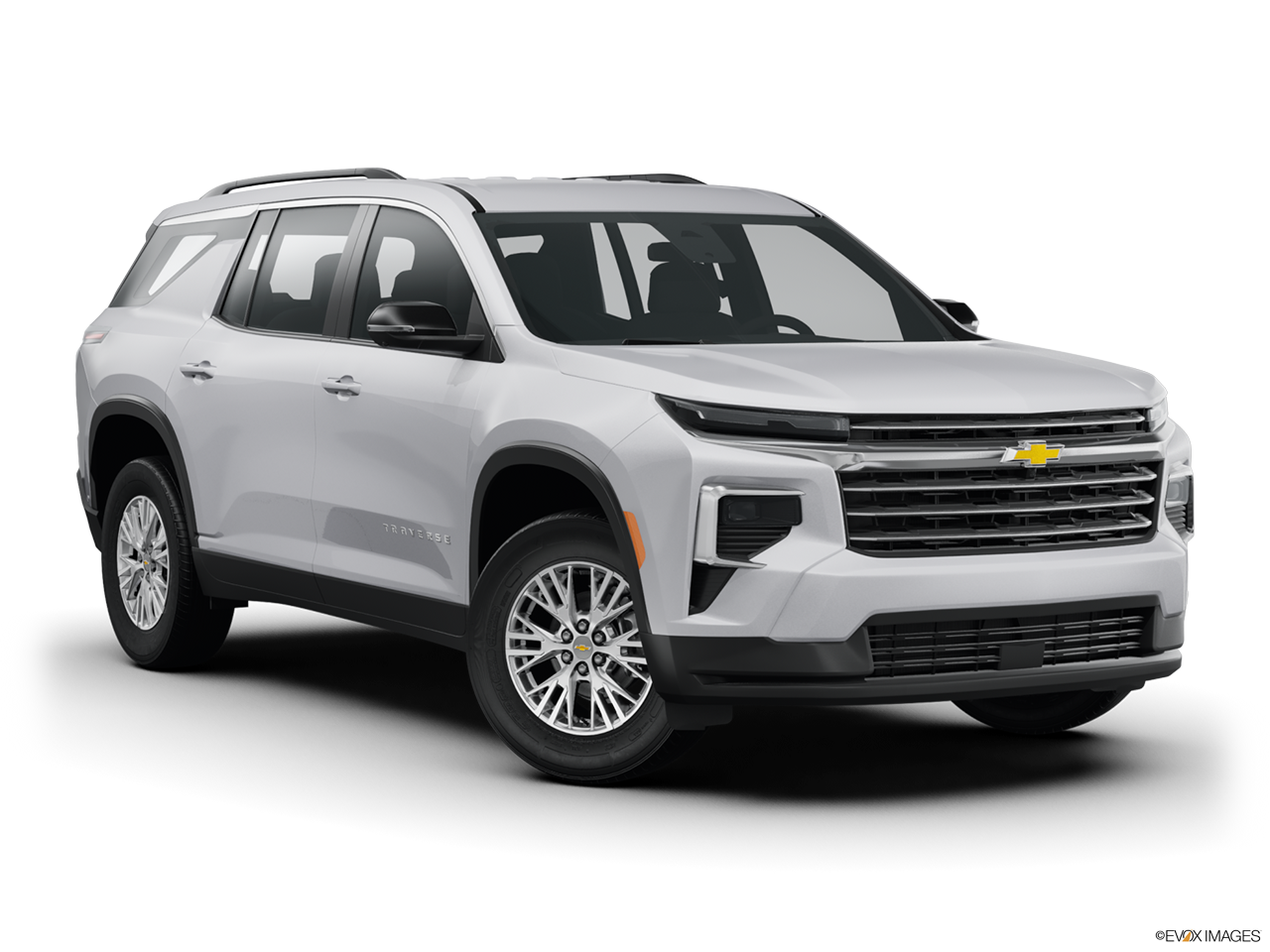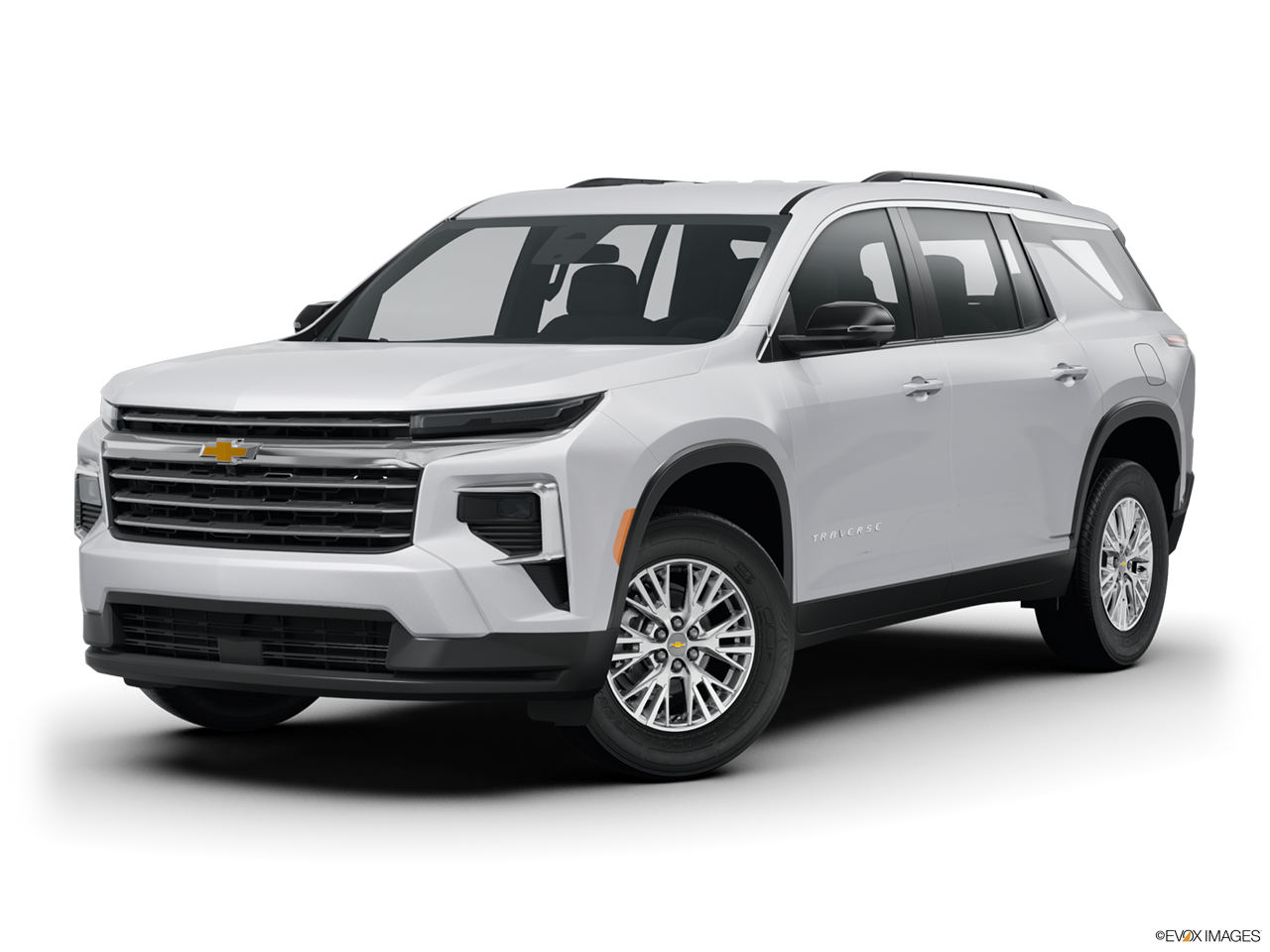Buying a Car Before or After Retirement
By Jakob Hansen, 7/16/2020
When riding the line of retirement, is it better to purchase a new car before or after your retirement party?
One question we frequently see from some of our more, we’ll call them “experienced” car shoppers, is in regards to retirement. When gearing up for your last punch on the time clock, is it better to make the purchase before or after you retire?
Related Articles
- How Much of Your Income Should Be Spent On a Car?
- Car Buyers Guide to Invoice Pricing and More
- Top 9 Cars That Hold Their Value
Retirement is an exciting part of our lives. Suddenly, you no longer have to answer to “the man” and you have an exorbitant amount of extra time on your hands. The grandkids get some extra attention, vacations start becoming more frequent, and Florida winters start to have a certain appeal you never noticed before.
Before you go out celebrating the 90,000 plus hours you've dedicated to your career, let's consider getting you a fresh set of wheels.

What Creditors Look For
The question that we often see, is should you buy before or after retirement? Is my reduced income after retirement going to affect my chances of getting approved? Does it make more financial sense to buy before retirement to catch a lower rate and higher chance of being qualified, or is it better to wait to have a better understanding of what my monthly rate will be? The answer is not exactly black and white.
The first consideration is, of course, your credit score. A higher credit score will ensure you a lower rate, and will also prove to creditors that you’re “good for it”. Meaning that even if your income takes a hit when you retire, it should not greatly affect your ability to pay them back the money you borrowed. With a higher credit score, purchasing before or after retirement will have less of an overall effect.
Another component that creditors look into is your debt to income ratio. This is in reference to how much income you have versus how much you spend per month on your loans. Essentially, a ratio of your income versus spending (that they can see). This is an important ratio to consider when purchasing before or after. Most people have a reduced income after retirement, living only on their pension or personal retirement plans they have developed for themselves, rather than the paycheck they normally received. Creditors will do the same math that you should already be doing. Namely, “Can I afford this after retirement?”
When To Buy
After your income has been reduced, can you still comfortably make the payments on the car of interest? You should already know the answer to this question, and lenders, whether you buy before or after retirement, will be looking for the same answer.
Therefore, if your credit is a bit on the rough side, or maybe you have a unique income situation, buying beforehand might be the right choice. If your credit is higher, and you have a comfortable pension coming your way with a healthy debt to income ratio, it may be more beneficial to hold onto your current vehicle for a little while longer, pay it down as much as you can, and purchase your new car after retirement.

What To Look For
Discounts! Lots and lots of discounts! As a retiree, you more than likely are eligible for at least one from each manufacturer. Most manufacturers have many different types of discounts available, you just have to know what to ask for.
Military is the first to consider. Almost every manufacturer offers some sort of military discount. Military discounts are wider-ranging than you may think. Dependants and close family members are often eligible for the rebates, whether your husband or wife, father, mother, and so on served in the military, you may also be entitled to the rebate.
Employee/friends-and-family rebates are another fantastic way to save. If you have any sort of connection with the manufacturer through a family member or close friend, using their employee pricing can get you some of the lowest prices.
Partnerships between manufacturers and membership programs also come with massive rebates, some even proving to be less than employee pricing and invoice price. Membership programs such as USAA, AAA, AARP, ASA, Costco, and so many others partner with the manufacturer to give a flat rate to their customers. Seeking out rebates through your clubs and memberships is a smart way to shop.
Lastly, a senior discount! Of course! You’ve earned it. You've walked both ways uphill through the snow, you’ve been through the “good ‘ole days”, you’ve walked a thousand miles in all the shoes. Take advantage of the rebates that are offered to you just for being you. That’s why they’re there.
General Rule Of Thumb
The easiest way to know when to buy is to do a self-assessment. Thoroughly go over your expenses. Get a clear and solid understanding of where your finances stand, and know what they will look like before and after retirement.
This is a great time in your life to purchase a new car. Knowing exactly where you stand will be the best way to get the right car, at the right price, so that you can drive away as a happy new car owner with your butt riding comfortably on those new seats, just don’t put the clear plastic covers over them, you’re not that old yet.
|
|
Jakob is our writer with a love for all things automotive. He comes from a dealer background with experience on both sides of the fence. Knowing the system inside and out, he knows the best cars and the best deals. No matter what. |


















